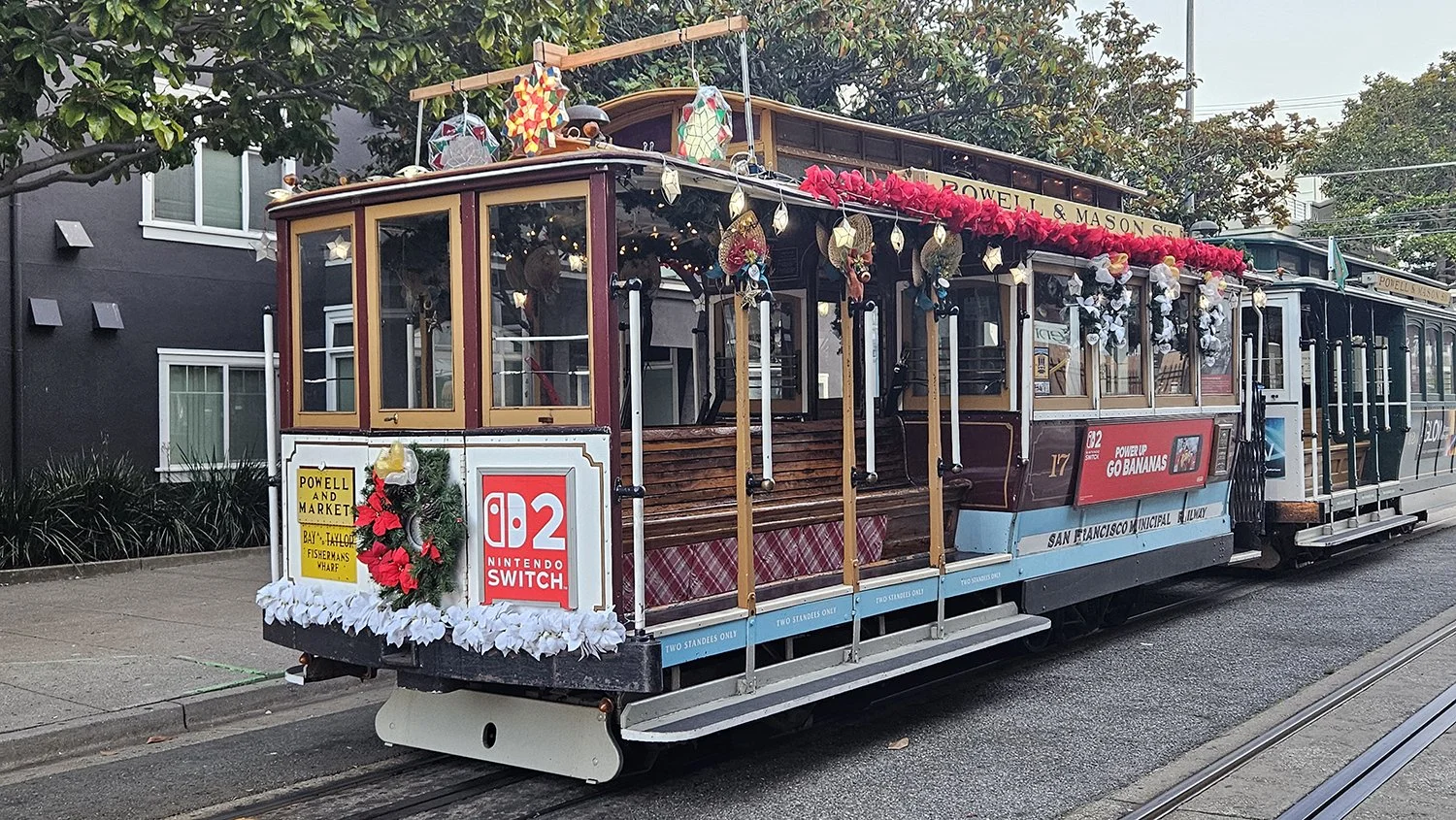Martial Law Stories: Captured and Taken
/Prof. Dolores S. Feria at the launch of her book Red Pencil, Blue Pencil in 1991, the year before her death. (Photo courtesy of Mariel Toni Jimenez)
Fast-forward to September 1972. My first year in the Philippines. I was a 5th grader at Maryknoll College, an exclusive all-girls school located in Quezon City. Monsoon weather came around this time of year. The rains were hard and the winds were strong; it felt like there was a monsoon every day. As the locals said, bumabagyo nanaman!
If you’re like me, a Pilipina-Amerikana, all this was new. A school bus would fetch me and drop me off at the end of the school day. It seemed that classes were long and homework time was around two to three hours every day. I had this roller-bag with my books and notebooks that were covered with an upscale type of plastic. Ate Puring, my yaya, took care of my needs. I lived with one of my mom’s sisters, Tita Belen and her family.
“As Marcos’ broadcast announcement was being heard from north to south, east to west, my mother’s cousin’s home was being ransacked.”
I remember the day that then-President Ferdinand Marcos declared martial law. Everyone was glued to the television in the family room. It was a somber feeling, but then I knew nothing of what it really meant. In black and white, President Marcos said, “My Countrymen, as of the 21st of this month, I signed Proclamation 1081, placing the entire Philippines under martial law. This proclamation was to be implemented upon my clearance and clearance was granted at 9:00 o’clock in the evening of the 22nd last night. I have proclaimed martial law in accordance with the powers of the president vested in the President by the Constitution of the Philippines. The proclamation of martial law is not a military takeover.”
As his broadcast announcement was being heard from north to south, east to west, my mother’s cousin’s home was being ransacked in the small village at the University of the Philippines where professors resided. Wanted and sought was my tita, Auntie Dolores Stephens Feria, a literature professor at U.P. Diliman. She was married to my mom’s cousin, Rodrigo T. Feria, also a literature professor for a nearby private school. The family was able to escape and stayed at a neighbor, watching from afar as the soldiers kicked down their door. After this awful incident, my tita went into hiding with her students and stayed underground for two years until her capture in 1974. I vaguely remember seeing her picture flashed on the news, and my Tita Letty and Tito Totoy saying, “Diyos ko, nahuli nila si Dolores!” (My God, they captured Dolores). I asked, “Tito, sino po siya?” (Who is she?) He briefly explained the relationship, going through the family tree. My young self just tried to keep up, though in my heart I was scared. I soon learned that Tita Dolores was a UP professor and was considered by the Marcos regime as a part of the “radical movement.”
My entire stay of nine years in the Philippines was during the period of Martial Law. I have many more stories to share, but the essence of this piece is that I honor my Tita Dolores and late pinsan Monica Feria, both strong women journalists who did not waver in their belief in what was right during this dark period in Manila. Tita Dolores, like Carlos Bulosan who was her colleague and close friend, was in exile and shared the same sentiments about the Philippines and America.
Mariel Toni Jimenez, J.D., LL.M. is Vice Chairperson for the City of Stockton Arts Commission. A former TV broadcast journalist with KMTP-TV32 “Filipino-American Report” based in San Francisco, Hawaii and Guam. She is a retired professor with the University of San Francisco’s College of Arts and Sciences and School of Law.
More articles from Mariel Toni Jimenez



